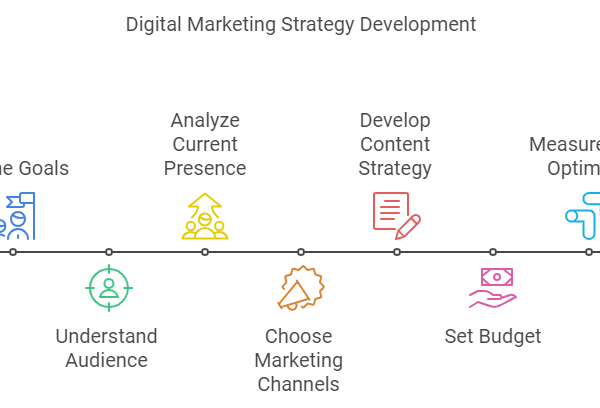
Mathematics is a fascinating subject that has intrigued academics, professionals, and laypeople alike for centuries. It is a subject that deals with the study of numbers, shapes, structures, and patterns. Mathematics is not just a mere collection of formulas and equations but a vast and intricate system of interconnected concepts that lay the foundations of various fields of science, technology, engineering, and beyond. In this blog, we will delve deep into the world of mathematics and explore its many intricacies.
Understanding the Fundamental Concepts of Mathematics
At the Meaning of mathematics, lies the basic concepts of numbers, arithmetic, algebra, geometry, and calculus. Numbers are used to quantify and measure objects, events, and phenomena. Arithmetic deals with the basic operations of addition, subtraction, multiplication, and division. Algebra is concerned with the study of equations and variables. Geometry deals with shapes, sizes, and their properties. Calculus is used to study change and motion. These fundamental concepts of mathematics lay the foundation for more advanced topics such as complex analysis, topology, abstract algebra, and many more.The Different Branches of Mathematics and Their Applications
Mathematics is a vast field with many branches and sub-branches. Some of the major branches include geometry, algebra, trigonometry, calculus, probability, and statistics. Geometry is used to study the properties of shapes and their relations. Algebra deals with the study of equations and the manipulation of variables. Trigonometry is used to study triangles and their properties. Calculus is used to study change and motion. Probability and statistics deal with quantifying and analyzing data.Real-Life Examples that Demonstrate the Power of Mathematics
Mathematics has several real-life applications in fields such as engineering, physics, medicine, economics, computer science, and many more. Some examples include the use of calculus in studying the motion of objects, the use of statistics in analyzing data from medical studies, the use of cryptography in securing data communications, and the use of linear algebra in developing algorithms for machine learning.Mathematical Tools: Calculators, Graphing Tools, and Their Functions
Mathematical tools such as calculators and graphing tools are essential for performing complex calculations and visualizing mathematical concepts. Basic calculators are used for arithmetic operations, while scientific calculators can perform more advanced functions such as trigonometric functions, logarithmic functions, and more. Graphing tools such as Desmos, Geogebra, and Wolfram Alpha are used to visualize functions, plot points, and analyze data.
Unlocking the Mysteries of Complex Numbers and Algebra
Complex numbers and algebra are two areas of mathematics that are often seen as cryptic and hard to understand. However, they are fundamental to several fields such as electrical engineering, quantum mechanics, and cryptography. Complex numbers are numbers that have a real and imaginary component. They are used to represent oscillations and waves. Algebra is the study of equations, variables, and their relations. It is used to solve complex problems in various fields.The Art of Problem Solving: Strategies and Techniques
Problem solving is an essential skill in mathematics that requires creativity, critical thinking, and perseverance. Various techniques and strategies are used to solve problems such as drawing diagrams, identifying patterns, breaking problems into smaller parts, and making assumptions. Strategies such as trial and error, working backward, and using analogies are also useful in solving problems.The Future of Mathematics: Emerging Trends and Innovative Approaches
The future of mathematics looks promising with new trends and approaches emerging. Some of the emerging trends include the use of artificial intelligence and machine learning to develop new algorithms, the use of big data to analyze and model complex systems, the development of quantum computing to solve previously unsolvable problems, and the use of blockchain technology to secure data communications.Conclusion
In conclusion, mathematics is a fascinating subject that has been at the forefront of human knowledge for centuries. Its importance cannot be overstated as it is the foundation of several fields that shape our world. From the fundamental concepts of numbers, arithmetic, algebra, and geometry to the complex ideas of calculus, probability, and statistics, mathematics is a vast and intricate system that requires patience, hard work, and creativity to master. As we look to the future, the potential applications of mathematics are endless, and its continued study and development will undoubtedly shape the world for generations to come.What's your reaction?
Excited
0 Happy
0 In Love
0 Not Sure
0 Silly
0










